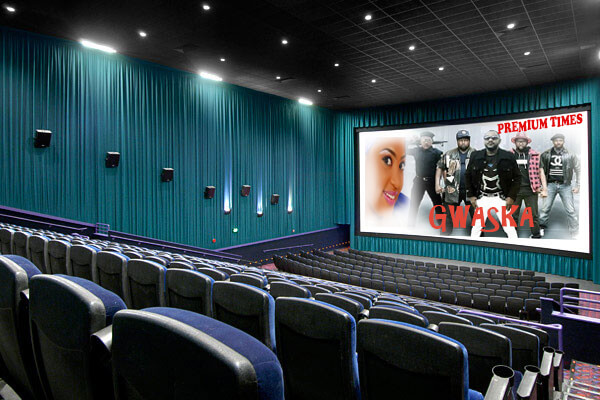
As I sat in the darkroom, I marveled at what was before me. Impressed as the scenes unfolded, I was mesmerized by the sheer display of talent (Nigerian talent!). I then experienced an epiphany, vowing to show my support for pure works of art like what I just witnessed.
The above experience was mine as I sat in the cinema hall. As the light from the gargantuan screen gave the darkroom its only source of illumination, I felt ashamed of the harsh words I had uttered about the Nigerian movie industry, popularly known as Nollywood.
I am one of those movie critics who decimate mediocre productions, unleashing a barrage of negative words on those that fall below the generally accepted standard. And my target for some years has been our home movies.
Perhaps I am not to blame as the late 1990s heralded the influx of some of the most abominable films to ever grace the big screen. The trend continued through the 2000s and so began my profound hatred for all things Nollywood.
A lot of movie stars (not actors) sprung up and continuously appeared in stereotyped roles as greedy filmmakers, ever eager to milk the cash cow that is moviemaking, churned out films that were both insulting and annoying. Even more perplexing was the fact that Nigerians totally embraced this visual bullsh*t, giving producers more reasons to release more and more of the worst movies ever made.
We saw totally predictable plots, the usual faces of easily recognizable actors, the ever-annoying love story, and of course the fetish mother-in-law or wicked uncle. These are a few examples of the nonsensical elements that prevailed in the industry.
That was when I made up my mind to shun these films and I turned to Hollywood (and occasionally Bollywood) and I got the needed succor and enlightenment I craved. I always voiced my discontent, stating that there was no hope for Nollywood. Little did I know that events would prove how wrong that line of thinking was.
The 2000s saw a few individuals challenge what had become the accepted norm, deciding to defy expectations and go outside the box, making films worthy of the cinema. Kunle Afolayan would daze us with his movie The Figurine (2009), paving the way for others like Niyi Akinmolayan, Kemi Adetiba, and Genevieve Nnaji to carry on the good work, bringing about the needed revolution in Nollywood that would put our continent on the map in terms of worldwide entertainment.
The Figurine completely took me by surprise. From its intriguing storyline to the wonderful cinematography, unexpected plot twists and mind-boggling ending, it showed me that movie titans could emerge from Nigeria.
Other films like The Wedding Party, October 1, and The Set Up further confirmed that the wind of change had indeed swept across the industry, leaving those who choose to cling on to the old ways behind in the dust of their ignorance.
The final movie that shook me was Ramsey Nouah’s Living in Bondage: Breaking Free (for more details on this wonderful film, see my review in the movies section). As I sat and watched it from the beginning to the end credits, it finally dawned on me that we are in the age of cinemas.
I am so happy to learn that the kind of movies we have now are being sought out by streaming giant Netflix. My heart just swells with pride at the realization that the quality of our movies are world standard.
Though we still have some work to do in the acting department, it’s so good to see that Nollywood movies are doing well at the box office. I salute the efforts of the directors who are behind this positive change. You are making our nation proud in more ways than you could ever imagine. God bless you all.
Things can only get better and I long to see the moment when a Nollywood film wins an award at the Oscars. It’s not far-fetched to think that it is not as far as one would envisage.

